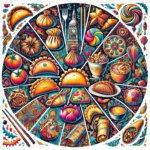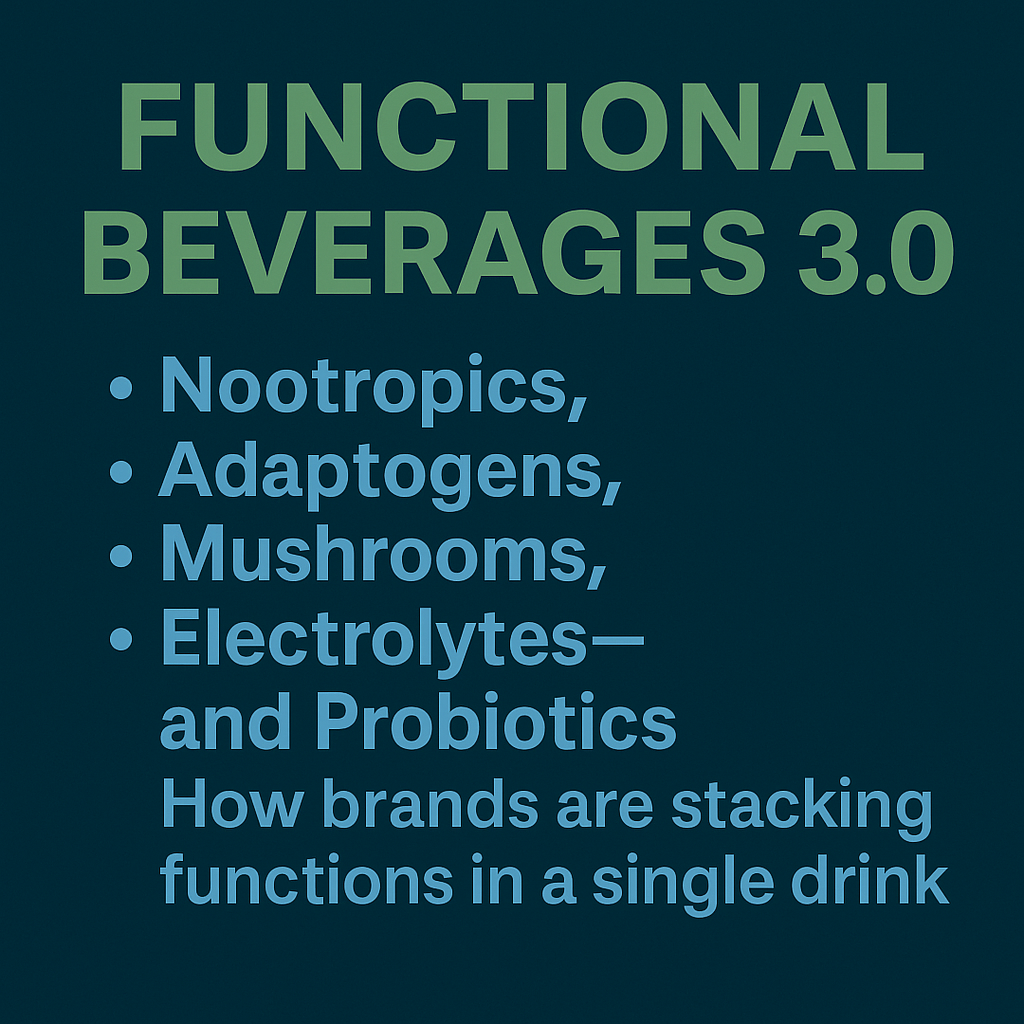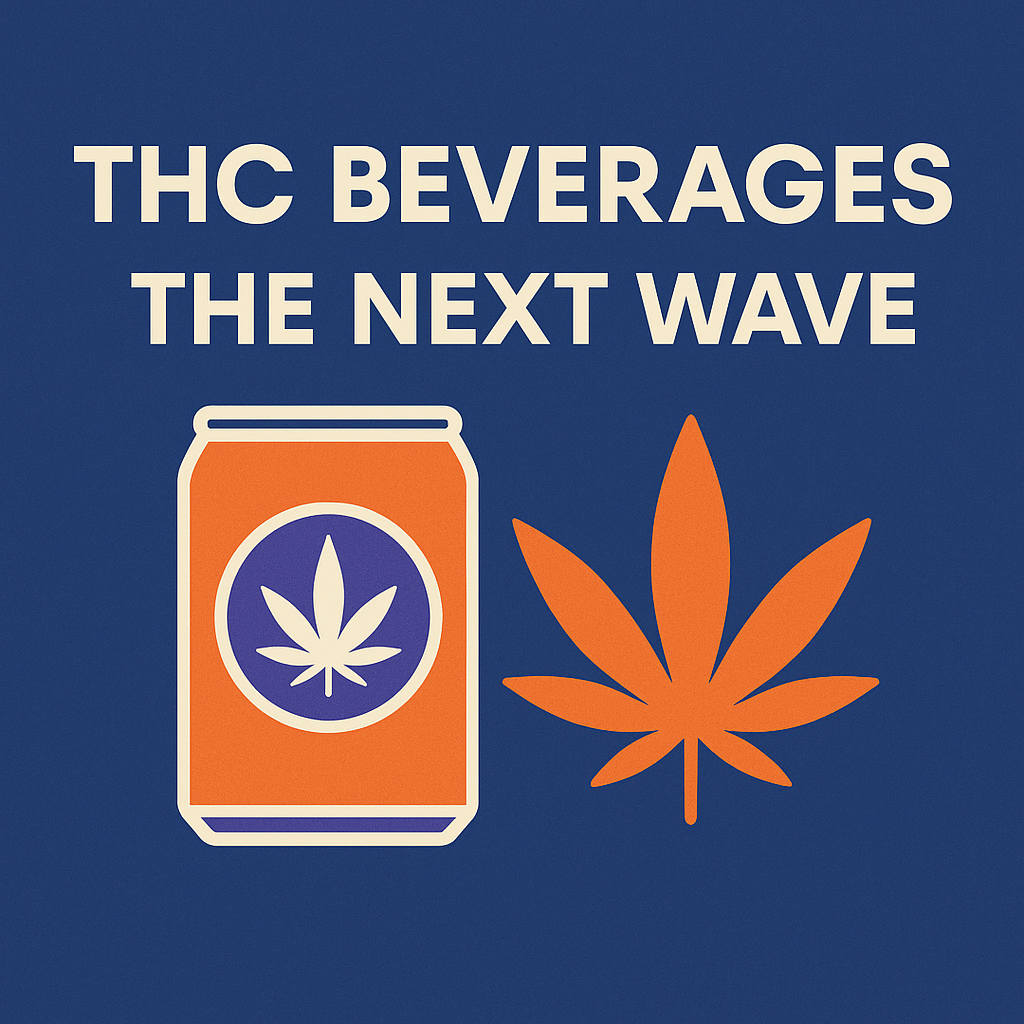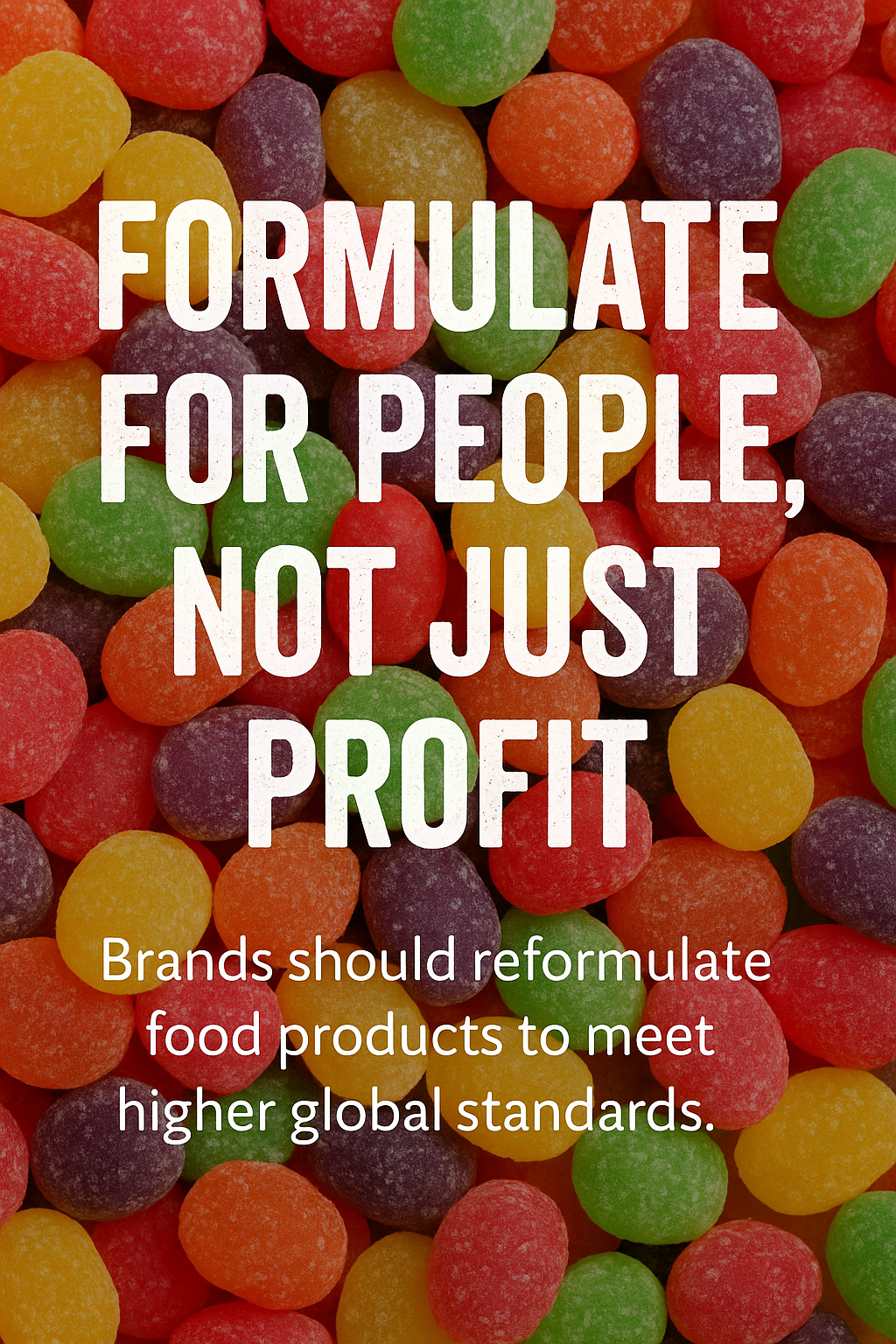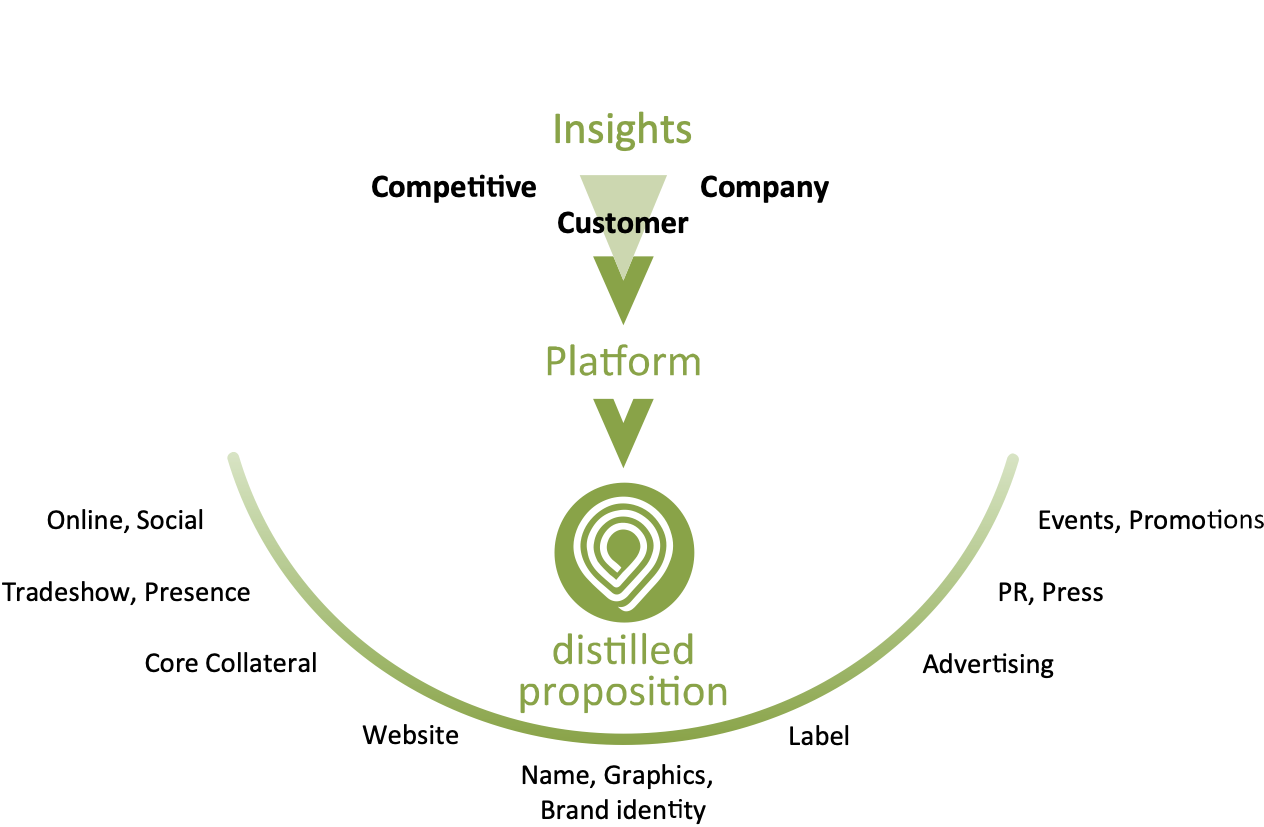The functional beverage space is evolving—fast. What started with protein shakes and vitamin waters has transformed into a sophisticated market…
Why More than 70% of Celebrity Food and Beverage Brands Fail in the Industry
Ah, the glitz and glamour of celebrity food and beverage brands endorsements. They make everything seem shiny and perfect, don’t they? When a star decides to slap their name on a food or non-alcoholic beverage, fans flock like seagulls to a beach picnic, hoping to catch a taste of that celebrity magic. But here’s a little secret: more than 70% of these glittery ventures flop harder than a lead balloon. Yes, you heard that right. Despite all the initial fanfare, most celebrity-endorsed food and drink brands end up gathering dust on the supermarket shelves. Let’s dive into the why and how of this spectacular failure rate.
The Mirage of Authenticity
Authenticity, my dear readers, is the holy grail of marketing. Consumers today are smart, savvy, and skeptical. They can smell a fake from a mile away. When celebrities endorse a product without genuinely using or believing in it, the lack of authenticity is painfully obvious. Take Kylie Jenner’s Glow, for instance. Marketed as an energy and hydration beverage, it promised to boost your glow from the inside out. But it turned out to be about as exciting as a glass of warm tap water. The product felt like a superficial cash grab rather than something Jenner genuinely cared about. And guess what? Consumers noticed and moved on (beveragedaily.com).
Now, let’s not misunderstand: Kylie Jenner is an incredibly smart and successful businesswoman. Her achievements with Kylie Cosmetics are nothing short of impressive. But even the most astute entrepreneurs can stumble when venturing into new territory without a genuine connection to the product. Authenticity matters because it builds trust. When Blake Lively launched Betty Buzz, a line of non-alcoholic mixers, her genuine passion for the product was evident. Lively has been open about her choice to live a sober lifestyle, and this authenticity resonated with consumers. They didn’t just buy a drink; they bought into a lifestyle that Lively herself embodied (Coy Cordials).
The Pitfalls of Product Quality and Market Fit
Let’s get real: a celebrity’s name can only carry a product so far. At the end of the day, if the product sucks, no amount of star power can save it. Jason Momoa’s Mananalu Water is a prime example. Sure, the idea of an eco-friendly canned water sounded great, especially coming from Aquaman himself. But the product struggled with logistical challenges and failed to stand out in a market already flooded with similar offerings. Consumers might love Momoa, but they weren’t going to pay extra for water that didn’t offer anything new (Coy Cordials).
For a brand to succeed, the product itself needs to be exceptional. It’s not enough to slap a famous face on a mediocre product and hope for the best. The food and beverage industry is brutally competitive, and consumers have countless options. If the product doesn’t deliver on its promises, it won’t survive.
The Flash-in-the-Pan Marketing Strategy
Initial hype can be a marketer’s best friend, but it’s a fickle one. Sustainable success requires ongoing marketing efforts, innovation, and a keen eye on market trends. Too many celebrity-endorsed brands rely solely on the initial buzz generated by the celebrity’s name. They forget that after the initial wave of curiosity, they need to keep the momentum going. It’s like hosting a party and forgetting to buy enough snacks – sure, people showed up, but they won’t stay if there’s nothing to munch on.
A prime example of failed marketing is AquaHydrate, which was backed by Mark Wahlberg and Sean “Diddy” Combs. Despite having a high-powered team of executives from Coca-Cola and millions of dollars in investment, the brand couldn’t make a lasting impact. Wahlberg even personally pitched the product to convenience store and supermarket chain owners, but all the star power and effort couldn’t save AquaHydrate from sinking (Hollywood Branded Insider).
Over-Reliance on Celebrity Name
Here’s a shocker: consumers need more than a famous face to keep them coming back. They need a reason to buy the product that goes beyond just the celebrity endorsement. When a brand leans too heavily on the celebrity without building its own identity, it’s setting itself up for failure. A name can draw people in, but the product and brand need to stand on their own legs to keep them there.
Consumers are not stupid. They might buy a product once because their favorite celebrity endorses it, but if the product doesn’t live up to expectations, they won’t buy it again. A brand needs to create a loyal customer base that sees value in the product itself, not just the celebrity associated with it.
The Drama of Reputation Risks
Celebrities are humans (sort of), and their reputations can be as volatile as a reality TV show plotline. Any scandal or negative publicity involving the celebrity can tarnish the brand they endorse. Remember when Kendall Jenner faced backlash for her controversial Pepsi ad? That’s the kind of drama no brand wants to be caught up in. If a celebrity’s image takes a hit, so does the product they’re pushing. It’s a risky business tying your brand to a celebrity’s ever-changing public persona (foodnavigator.com) (Hollywood Branded Insider).
The Grind of Market Saturation
The food and beverage industry is a tough nut to crack. It’s crowded, competitive, and constantly evolving. Even with a celebrity endorsement, breaking through the noise is no easy feat. For a brand to succeed, it needs to offer something unique and valuable. Without a clear value proposition, even the most hyped products will end up as nothing more than a passing fad. Mananalu Water, despite its noble eco-friendly mission, couldn’t differentiate itself enough to capture a loyal customer base (Coy Cordials).
Notable Failures
- Kylie Jenner’s Glow: Marketed as an energy and hydration beverage, it quickly became evident that this product was more about cashing in on Jenner’s fame than offering any real benefits. Consumers weren’t fooled and the product failed to make a lasting impression.
- Jason Momoa’s Mananalu Water: Despite Momoa’s passionate environmental advocacy, Mananalu Water struggled with logistics and failed to stand out in the competitive bottled water market.
- Kate Hudson’s Nutrition Line: Hudson launched a range of nutritional products that, while initially popular, failed to sustain consumer interest. The products didn’t offer anything particularly unique or compelling compared to existing options on the market.
- Shaquille O’Neal’s Shaq Fu Punch: Shaq’s attempt to enter the beverage market with Shaq Fu Punch was met with enthusiasm at first, but it quickly lost steam. The product couldn’t sustain its initial momentum and failed to become a staple in the competitive beverage market.
- Selena Gomez’s Revival Ice Cream: Despite Gomez’s immense popularity, her foray into the ice cream business didn’t take off as expected. The product struggled with quality issues and failed to differentiate itself in a crowded market, leading to its eventual decline.
- David Beckham’s Organic Coconut Water: Beckham’s venture into the health drink market with an organic coconut water brand also fell flat. The product faced stiff competition and couldn’t maintain a unique selling point to keep consumers interested.
Learning from Success
The few successful celebrity-endorsed brands share some common traits: genuine involvement from the celebrity, high-quality products, and robust marketing strategies. Take Blake Lively’s Betty Buzz, for example. Lively, who openly talks about her sober lifestyle, created a line of non-alcoholic mixers that not only taste great but are made with high-quality ingredients. Her genuine connection to the product shines through, making it a hit with consumers (Coy Cordials).
Another example of a successful celebrity-endorsed brand is George Clooney’s Nespresso partnership. Although technically a drink-related endorsement, Clooney’s genuine passion for coffee and consistent involvement in marketing and product development have made this a notable success. The combination of high-quality products and authentic celebrity backing has helped Nespresso maintain a strong market presence.
Conclusion
Celebrity endorsements can provide a powerful initial boost for food and beverage brands, but they are far from a guaranteed ticket to success. The high failure rate of more than 70% underscores the importance of authenticity, product quality, sustained marketing efforts, and building a strong brand identity.
So, the next time you see your favorite celebrity touting the latest and greatest in food and drink, take a closer look. Behind the glossy ads and Instagram posts, there’s a good chance that the product might just be another flash in the pan. To truly succeed, these brands need more than star power – they need substance, strategy, and a whole lot of savvy. And that, dear readers, is something money – or a famous face – can’t buy.



